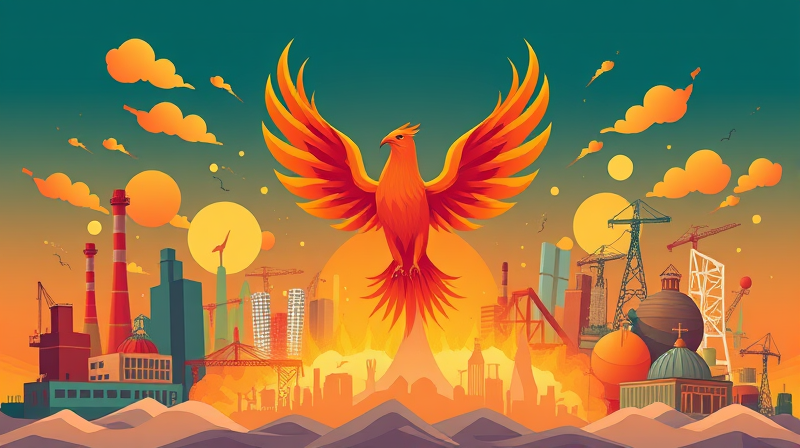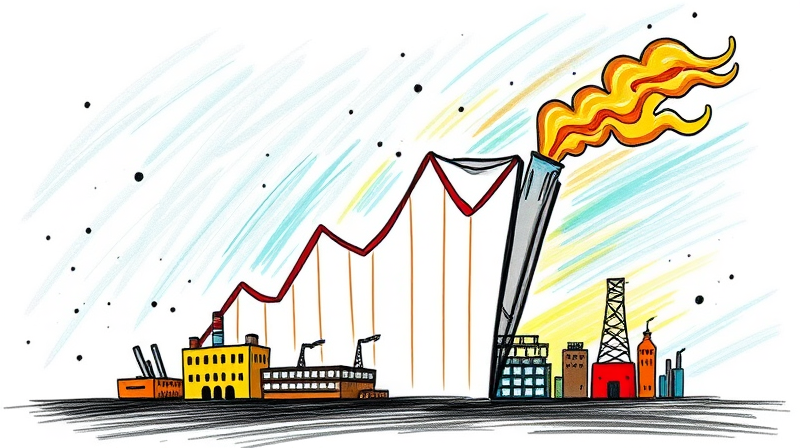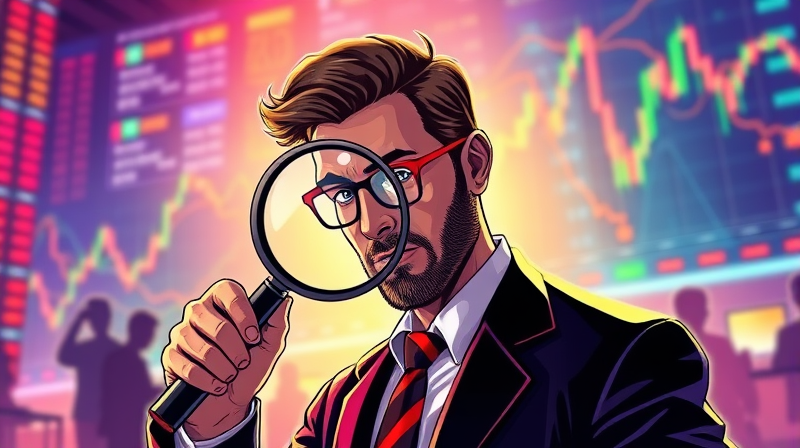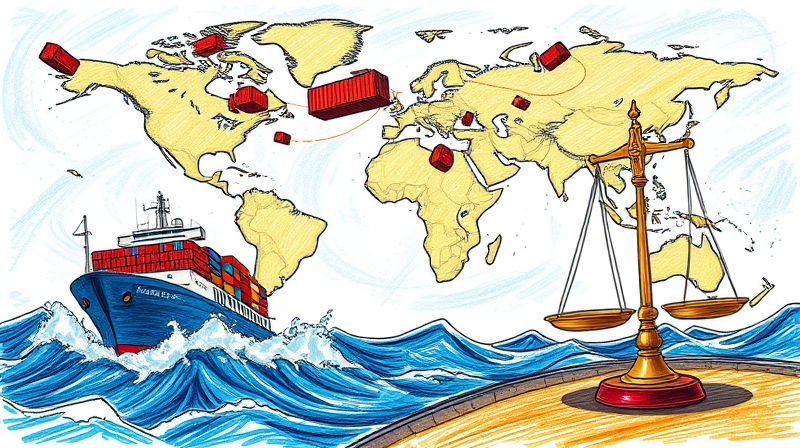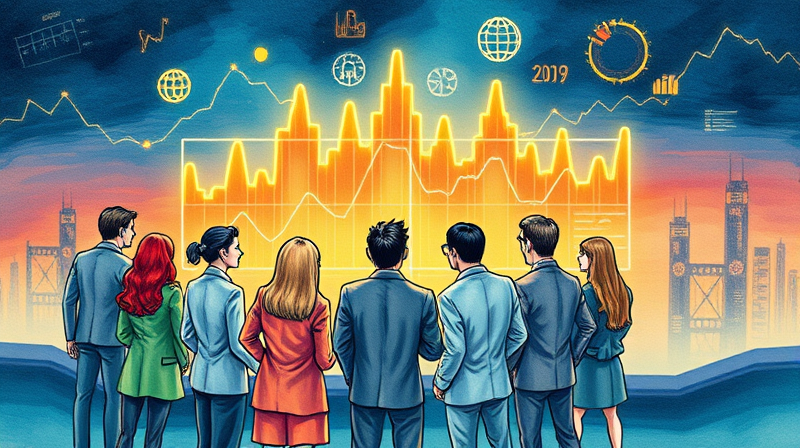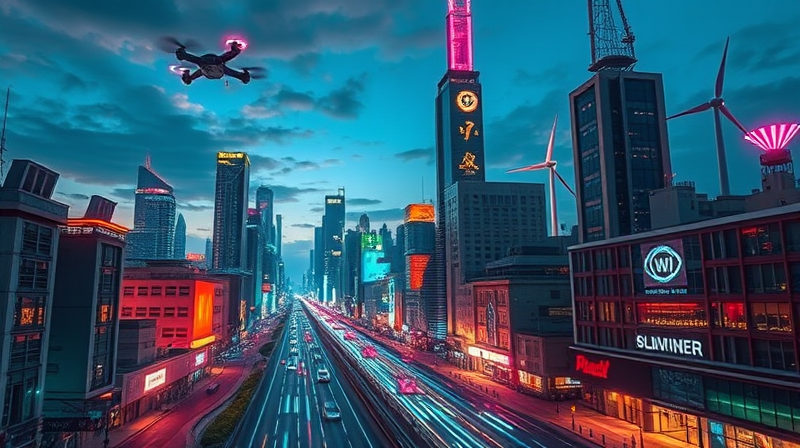
The pace of innovation today is unprecedented. From intelligent agents automating complex tasks to breakthroughs in sustainable energy, emerging technologies are reshaping markets and rewriting the rules of competition. Organizations that understand these shifts and adapt swiftly stand to capture immense value, while those that hesitate may find themselves left behind.
Several key forces are converging to redefine how businesses operate, how consumers interact, and how societies evolve. Among these:
The economic implications of these emerging fields are staggering. Consider this snapshot of growth projections and performance benchmarks:
These figures highlight why forward-looking companies are channeling resources into pilots and proof-of-concepts today. The ability to harness these trends can dictate market leadership tomorrow.
Emerging technologies are not confined to a single domain; they have broad, cross-sectoral impact:
In retail and e-commerce, augmented reality enables virtual try-ons and interactive product demos, reducing returns and boosting conversions. AI-driven recommendation engines further personalize shopping experiences, driving higher average order values.
In healthcare, generative AI analyzes patient data to accelerate diagnostic processes and drug discovery, while robotic systems assist in precision surgery and elder care. These tools improve outcomes and optimize workforce allocation.
Within finance, quantum algorithms for portfolio optimization and AI-powered fraud detection systems are transforming risk management, trading strategies, and customer service through intelligent chatbots.
Manufacturing and logistics leverage AI-enhanced robotics and IoT sensors for predictive maintenance, agile production lines, and real-time tracking. The result is higher throughput, lower downtime, and more customized products.
Energy providers adopt smart grids, machine-learning demand forecasting, and advanced storage solutions to balance supply and demand more efficiently, integrate renewables, and reduce overall costs by up to 60% in some regions.
Defense, space exploration, and national security increasingly rely on advanced materials, quantum communications, and next-generation networks to protect critical infrastructure and maintain strategic advantage.
Competition for technological supremacy has become a defining feature of global strategy. Governments and corporations are investing in sovereign capabilities—from semiconductor fabrication to AI research labs—to mitigate supply-chain risks and secure intellectual property.
Ethics, trust, and governance are equally critical. Organizations that prioritize transparent and fair systems—addressing AI bias, data privacy, and regulatory compliance—will earn consumer loyalty and avoid costly legal challenges.
While the short-term tactical wins of automation and analytics are clear, long-term strategic ROI can span years. Companies must align technology roadmaps with business objectives, balancing rapid experimentation with robust infrastructure and workforce reskilling.
The future belongs to organizations that embrace AI not as an isolated tool but as an amplifier for every other capability—from robotics and quantum computing to sustainable energy. Both mega-platforms offering cloud-based intelligence and niche edge solutions will flourish in parallel.
Responsible innovation—grounded in transparency, fairness, and environmental stewardship—will differentiate leaders from followers. Companies that embed energy-efficient renewable solutions and ethical practices into their core strategies will build resilience, foster public trust, and secure enduring competitive advantage.
As we navigate this era of transformation, collaboration between public and private sectors, clear policy frameworks, and inclusive approaches will be vital. By aligning technological progress with social equity and environmental sustainability, we can ensure that these powerful innovations benefit all stakeholders and drive positive change on a global scale.
References


